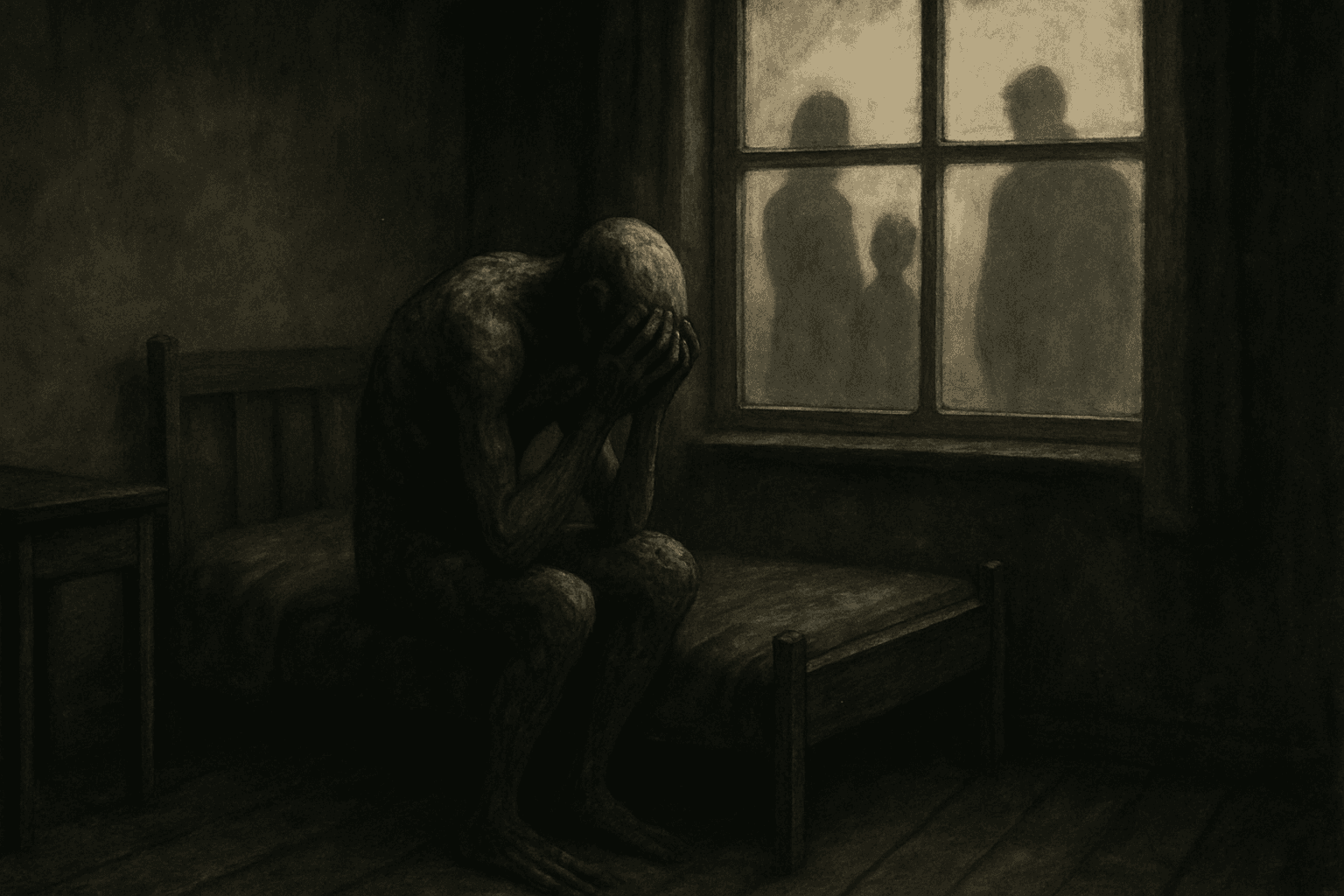The Lonely Struggle: Isolation and Alienation in 'Metamorphosis'

Franz Kafka’s ' Metamorphosis ' opens with a shocking premise: Gregor Samsa wakes up one morning to find himself transformed into a monstrous vermin. This bizarre twist isn’t just a surreal plot device; it serves as a powerful lens through which we explore the themes of isolation and alienation—a journey that resonates deeply with readers.
From the very first chapter, we see Gregor grappling with his new reality. He is not just struggling to understand his grotesque transformation; he is also facing an immediate emotional crisis. His family's horrified reactions—from his father's violent push back into his room to his mother’s fainting spell—highlight the abyss of alienation that now separates him from those he once supported. Gregor's desire to connect and communicate is met with fear and hostility, laying bare the painful truth: his metamorphosis has severed the bonds that once tied him to his family.
As the narrative progresses, isolation deepens. In the second chapter, Gregor's physical suffering mirrors his emotional torment. Initially, his sister Grete attempts to care for him, but as the family’s financial strain mounts, her sympathy turns into resentment. The burden of Gregor’s condition becomes unbearable, and he finds himself increasingly sidelined, a mere shadow in the lives of those he loves. Their rejection of him isn't just out of fear; it’s a manifestation of their shame and discomfort. Gregor, who once held his family together, now feels like a burden—a reality that weighs heavily on his already fragile psyche.
By the third chapter, Kafka's exploration of alienation reaches a devastating climax. Gregor, now physically incapacitated and emotionally shattered, can only observe his family through the cracks of his confinement. His once-vibrant sister, who cared for him, has turned her back on him, overwhelmed by the weight of their shared trauma. The arrival of tenants introduces a new layer of conflict, amplifying the family's distress and further alienating Gregor. His death, rather than eliciting grief, brings a sense of relief to his family—an unsettling conclusion that underscores the totality of his alienation.
What was meant to be a profound familial bond has been irrevocably fractured. The metamorphosis of Gregor Samsa serves as a haunting reminder of how societal pressures and personal transformations can leave us isolated, even among those we love most.
Ultimately, Kafka leaves us with a haunting question: What does it mean to truly belong? In a world where Gregor's transformation isolates him completely, we are left to ponder the fragile nature of connection and the depths of alienation that can arise from it. As we reflect on Gregor’s tragic journey, we may find echoes of our own experiences with isolation, making ' Metamorphosis ' a timeless exploration of humanity's most profound fears and desires.
Books: Metamorphosis
Authors: Franz Kafka
Publishers: Public Domain